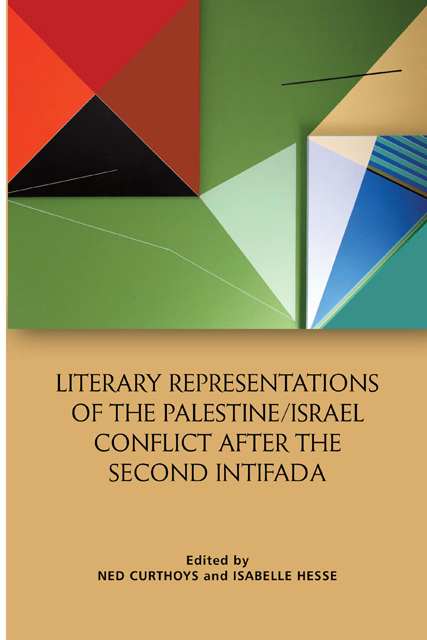7 - Detectives in Bethlehem: Crime Fiction in the Occupied Territories
Published online by Cambridge University Press: 07 June 2023
Summary
In Stephen Knight’s essay ‘The Postcolonial Crime Novel’, his broad investigation into the contours of the transnational detective novel, he writes that in the context of some national crime fiction, the genre is able to ‘combine procedural detection with social issues’ (172). Moreover, he argues that ‘many recent writers around the world have used the modes of crime fiction to juxtapose crime and investigation and explore abuses, corruption, and imbalances of power both past and present in their own countries’ (178). Indeed, he points to the ways in which certain authors who follow this trajectory ‘adapt and expand the single inquiry form of disciplinary crime fiction to tell a fuller and more complex story about threats and values’ (178). Pearson and Singer argue that recent critical work on crime fiction has ‘refocused around fundamentally different arguments about how the genre engages structures of knowledge, especially those “external” to the text’ (2). These external worlds can often be very complex and involve navigating multiple and diverse iterations of the law and broad differences in the understanding of justice. As such, it is worth looking closely to see what the genre of crime fiction offers to an evolving geopolitical dynamic such as that found in Israel/Palestine.
Tellingly, recent work in the area seems to acknowledge that crime fiction texts ‘dramatize the challenges of formulating a genuinely democratic approach to knowledge-production, justice, and human rights in a transnational and postcolonial world’ (Pearson and Singer 3). Knowledge-production, questions of justice and the representation of the question of human rights are all issues engaged with at length in Matt Rees’ popular detective novels, the Yussef Mysteries (2007–10), set in the West Bank and Gaza. In many ways, these very issues and concerns structure the development of the novels and provide coordinates that shape the trajectory of the schoolteacher-turneddetective Omar Yussef and his investigations.
It is useful then, at the outset, to read these novels in the context of transnational detective fiction. In practice, this encourages us to consider the genre as one that has ‘evolved from seeing transgressions of national and racial boundaries as preconditions for crime to seeing them as keys to its detection and resolution, especially where such solutions include indictments of broader social and political conditions’ (Pearson and Singer 7, my emphasis).
- Type
- Chapter
- Information
- Publisher: Edinburgh University PressPrint publication year: 2022



